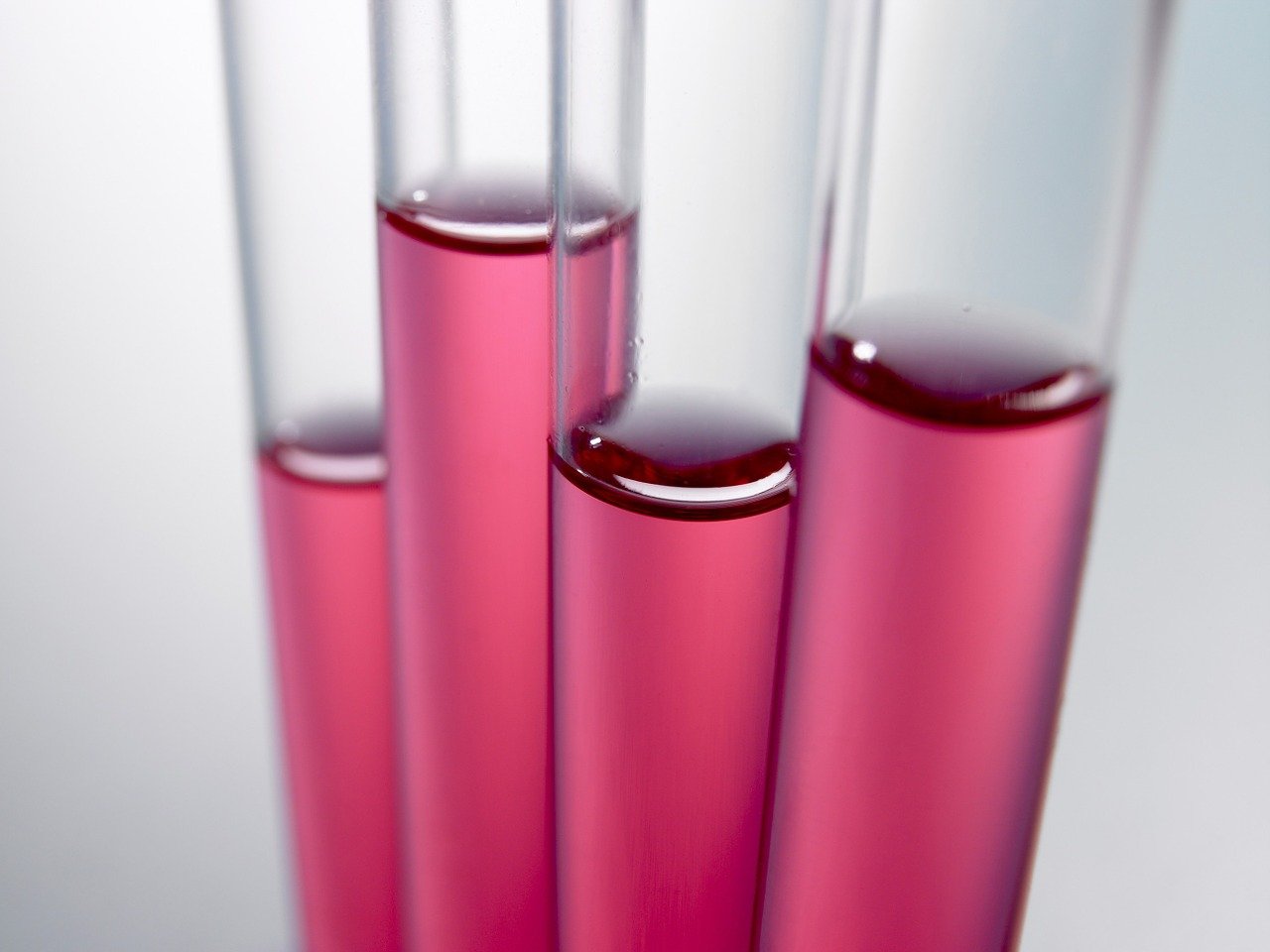
Pharmaceutical giant Roche antibody test was granted an emergency use authorization from the U.S. Food and Drug Administration.
Roche announced on Wednesday that the antibody test called “Elecsys Anti-SARS-CoV-2 S” determines antibodies against the virus’ spike protein within blood samples.
Roche’s antibody test functions by hitting “antibodies that are directed against the region of the novel coronavirus known as the spike protein, specifically the area that enables the virus to bind to a host cell receptor, which is required for the virus to enter the host cell.”
The company seemed to be shaping its tests as a way to evaluate individuals’ antibody response to Covid-19 vaccines that could be used by the public, stressing that “many current candidate vaccines aim to induce an antibody response against the coronavirus spike protein. Tests that quantify antibodies to the spike protein could be used to measure the level of that response and track that measurement over time.”
The test gives a numerical result signifying the concentration of antibodies as well as a qualitative result. Roche's CEO lauded the test as a way to understand future “vaccine-induced immune responses.”
“Since the start of this pandemic, our focus has been to bring effective diagnostic testing solutions to the fight against Covid-19,” Roche Diagnostics’ CEO Thomas Schinecker said in a press release.
“Antibody tests like these will play a critical role in measuring a person’s vaccine-induced immune response,” he added.
Coronavirus vaccines
Roche's announcement comes as positive news on vaccine development arises.
Pfizer reported that the final analysis of the Phase 3 trial of its coronavirus vaccine indicated 95% effectiveness in preventing infections.
In the trial, Pfizer discovered 170 cases of coronavirus infection among volunteers, 162 of which were in people who received placebo or plain saline shots while the remaining 8 cases were from participants who received the BNT162b2 vaccine.
In a joint statement, Pfizer and its German partner BioNTech said: “Efficacy was consistent across age, race and ethnicity demographics. The observed efficacy in adults over 65 years of age was over 94%.”
Meanwhile, Moderna is also scheduled to request emergency clearance from the Food and Drug Administration (FDA) after it was found 94% effective in preventing Covid-19.
The latest Moderna clinical trial involved 196 confirmed Covid infections among the 30,000 participants. According to the company, 185 coronavirus cases were assessed in the placebo group versus 11 cases monitored in the group that took its vaccine. Results showed estimated vaccine efficacy of 94.1%, the company said.
Moderna stressed that their vaccine’s effectiveness showed consistency across age, race, and gender. The 196 coronavirus cases were 33 adults over the age of 65 and 42 people from Black, Latino, and other “diverse” communities. The vaccine was found well tolerated with the most common side effects, like muscle pain, fatigue, headache, and pain at the injection site.
Chief of the White House’s Operation Warp Speed, Moncef Slaoui, and other authorities in the U.S. were concerned about the age group of the participants of AstraZeneca's clinical trials. Experts said that 90% efficacy was only shown for the lowest risk group, which had 2,741 people below the age of 55. The group whose results showed 62% effectiveness numbered 8,895.
“The studies were conducted to the highest standards,” a spokesperson for AstraZeneca told CNBC on Thursday. “An independent DSMB safety monitoring committee oversees the studies to ensure safety and quality. The DSMB determined that the analysis met its primary endpoint showing protection from COVID-19 occurring 14 days or more after receiving two doses of the vaccine.”






